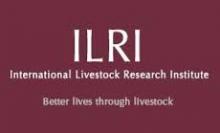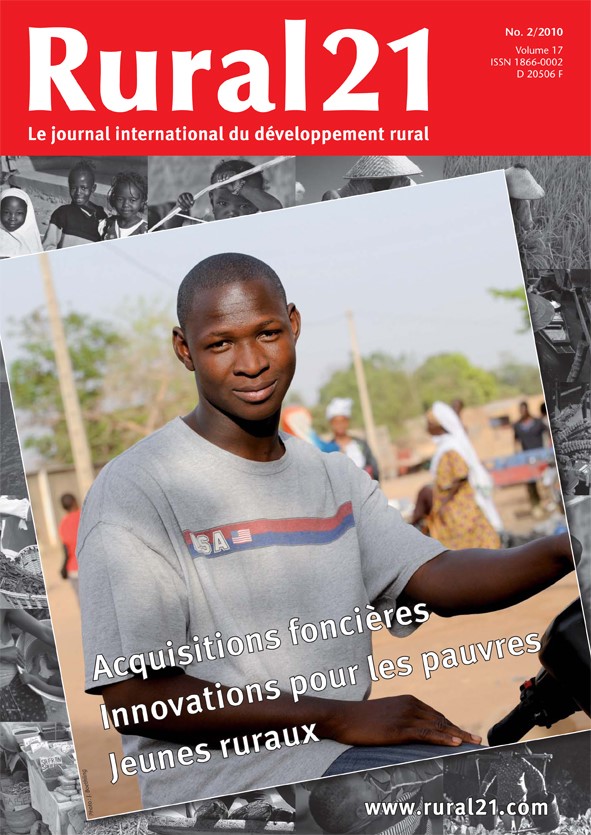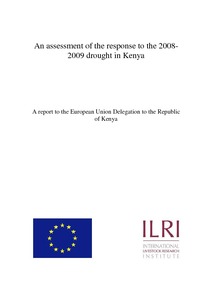Location
Vision, mission and strategy
ILRI's strategy 2013-2022 was approved in December 2012. It emerged from a wide processof consultation and engagement.
ILRI envisions... a world where all people have access to enough food and livelihood options to fulfil their potential.
ILRI’s mission is... to improve food and nutritional security and to reduce poverty in developing countries through research for efficient, safe and sustainable use of livestock—ensuring better lives through livestock.
ILRI’s three strategic objectives are:
- with partners, to develop, test, adapt and promote science-based practices that—being sustainable and scalable—achieve better lives through livestock.
- with partners,to provide compelling scientific evidence in ways that persuade decision-makers—from farms to boardrooms and parliaments—that smarter policies and bigger livestock investments can deliver significant socio-economic, health and environmental dividends to both poor nations and households.
- with partners,to increase capacity among ILRI’s key stakeholders to make better use of livestock science and investments for better lives through livestock.
This is ILRI’s second ten-year strategy. It incorporates a number of changes, many based on learning from the previous strategy (2000–2010, initially produced in 2000 and modified in 2002), an interim strategy (2011–2012) and an assessment of the external and internal environments in which the institute operates.
Members:
Resources
Displaying 696 - 700 of 1152Development of the world’s first insurance for African pastoralist herders
L'élevage et l'environnement
L?élevage et la commercialisation d?animaux utiles permettent d?assurer quotidiennement la subsistance de plus d?un milliard de personnes. Mais aussi essentiels qu?ils soient pour l?alimentation, le revenu et la santé, ces systèmes d?élevage tropicaux peuvent autant altérer qu?améliorer les ressources en terres et en eau et génèrent, comme tous les systèmes d?élevage partout dans le monde, des gaz à effet de serre, qui contribuent au réchauffement climatique.
An assessment of the response to the 2008 2009 drought in Kenya
Using rangelands to sequester carbon
Carbon sequestration is complicated but important at global scales.




